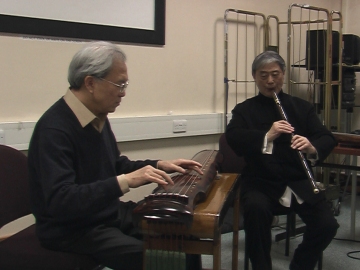 |
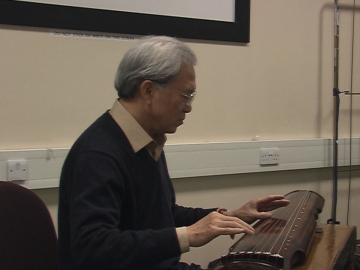 |
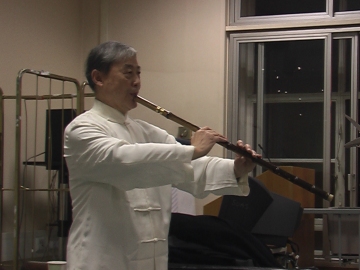 |
| Gong Yi and Dai Shuhong
playing Yu Qiao Wen Da |
Gong Yi
playing Yangguan San Die |
Dai
Shuhong playing Lang
Tao Sha |
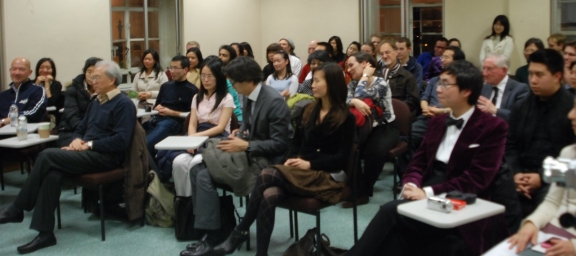 |
||
Copyright the London Youlan Qin Society, 2008. All
rights reserved.
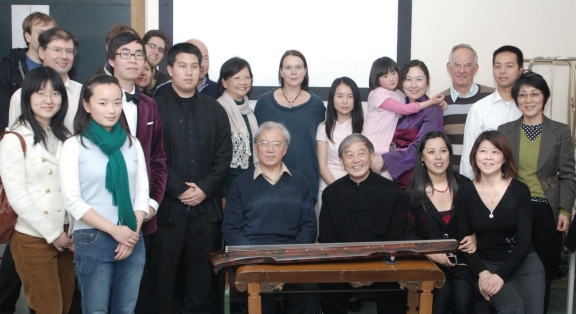 This, the 36th
meeting of the London Youlan Qin
Society, was held at the School of Oriental and African Studies (SOAS),
University of London.
This, the 36th
meeting of the London Youlan Qin
Society, was held at the School of Oriental and African Studies (SOAS),
University of London. |
 |
 |
| Gong Yi and Dai Shuhong
playing Yu Qiao Wen Da |
Gong Yi
playing Yangguan San Die |
Dai
Shuhong playing Lang
Tao Sha |
 |
||
Copyright the London Youlan Qin Society, 2008. All
rights reserved.